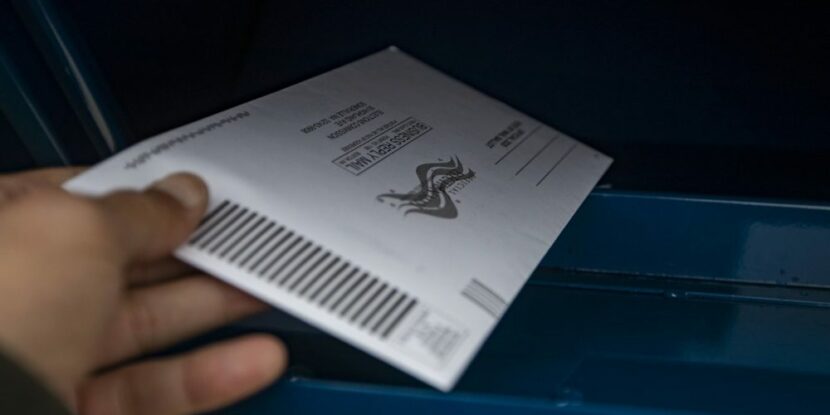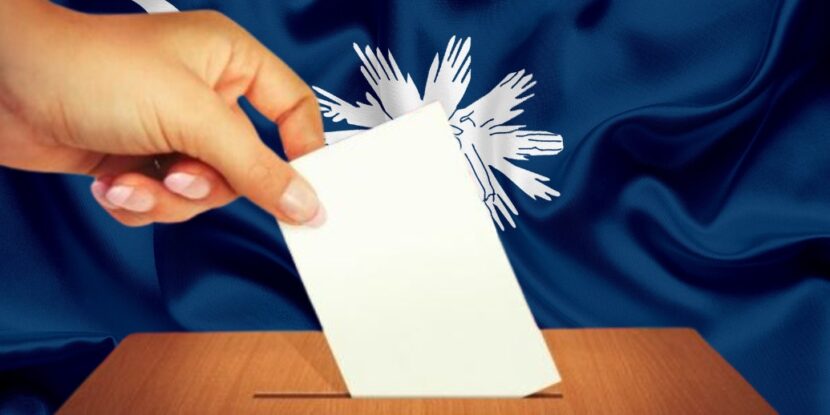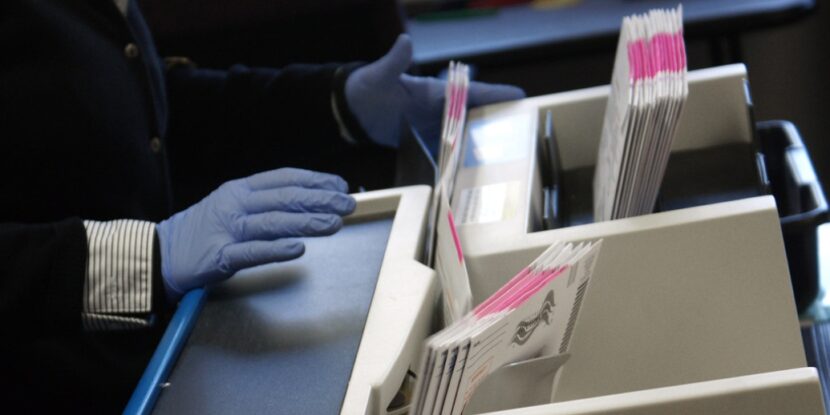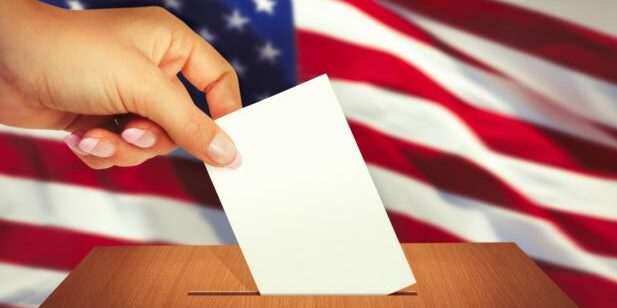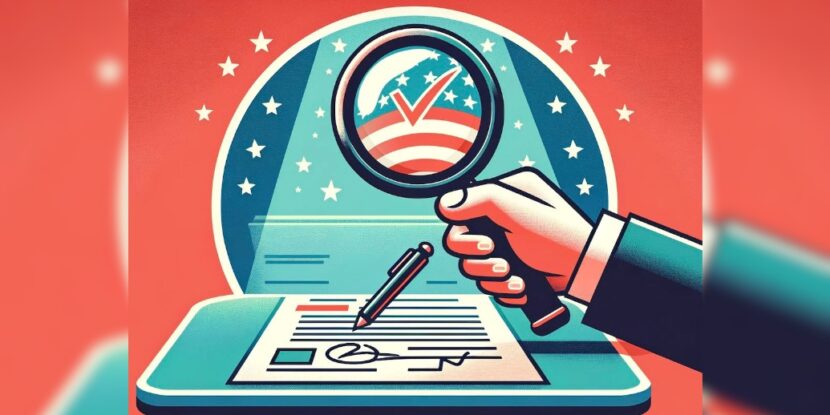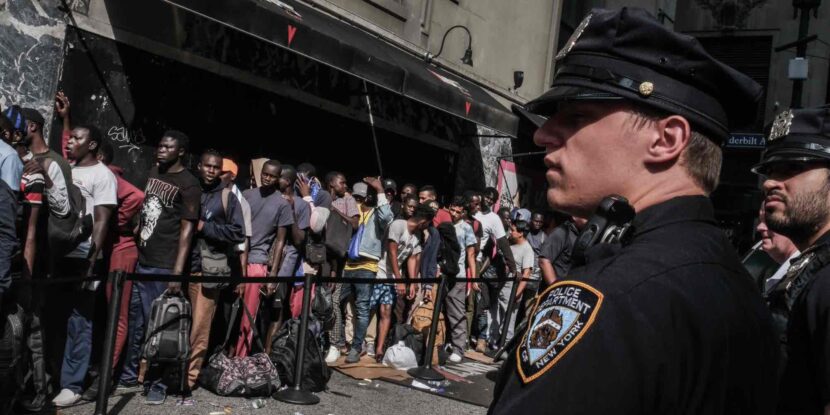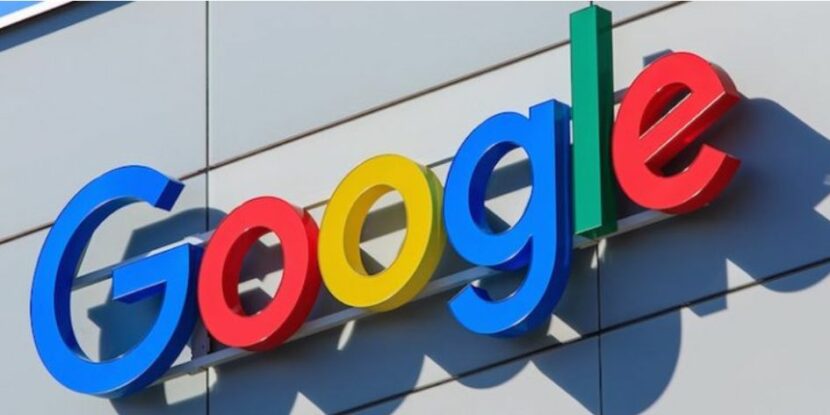The Wisconsin Supreme Court will today hear oral arguments on a crucial case involving the future of absentee ballot drop boxes in the state’s elections. The case presents the court’s liberal majority with a chance to reverse a ruling from less than two years ago, which significantly curtailed the number of such drop boxes.
If the court, with its current 4-3 liberal majority, reverses the earlier ruling, it could lead to a return of widespread use of absentee ballot drop boxes in time for the upcoming presidential election. Democrats and progressive groups have filed numerous briefs urging the court to reverse the 2022 decision. Conservative groups, along with the Wisconsin GOP, are pressing to uphold the current restrictions.
The Wisconsin GOP Chairman, Brian Schimming, warned about potential “hijinks” and concerns about the security of drop boxes. Moreover, he indicated that a change this close to the elections could fuel confusion.
The state high court ruled in 2022 that only the state Legislature—currently under Republican control—has the authority to make rules concerning absentee ballot drop boxes and not the Wisconsin Elections Commission. Priorities USA, a Democratic group, filed a lawsuit seeking to overturn this ruling. The current liberal majority on the court has agreed to review whether the prior ruling was wrongly decided.
Many of the ballot drop boxes in Wisconsin in 2020 were financed by Mark Zuckerberg’s Center for Tech and Civic Life (CTCL) and overwhelmingly favored Democrats. Last month, Wisconsinites voted to amend their constitution to prevent state election officials from using private grants to administer elections.
show less